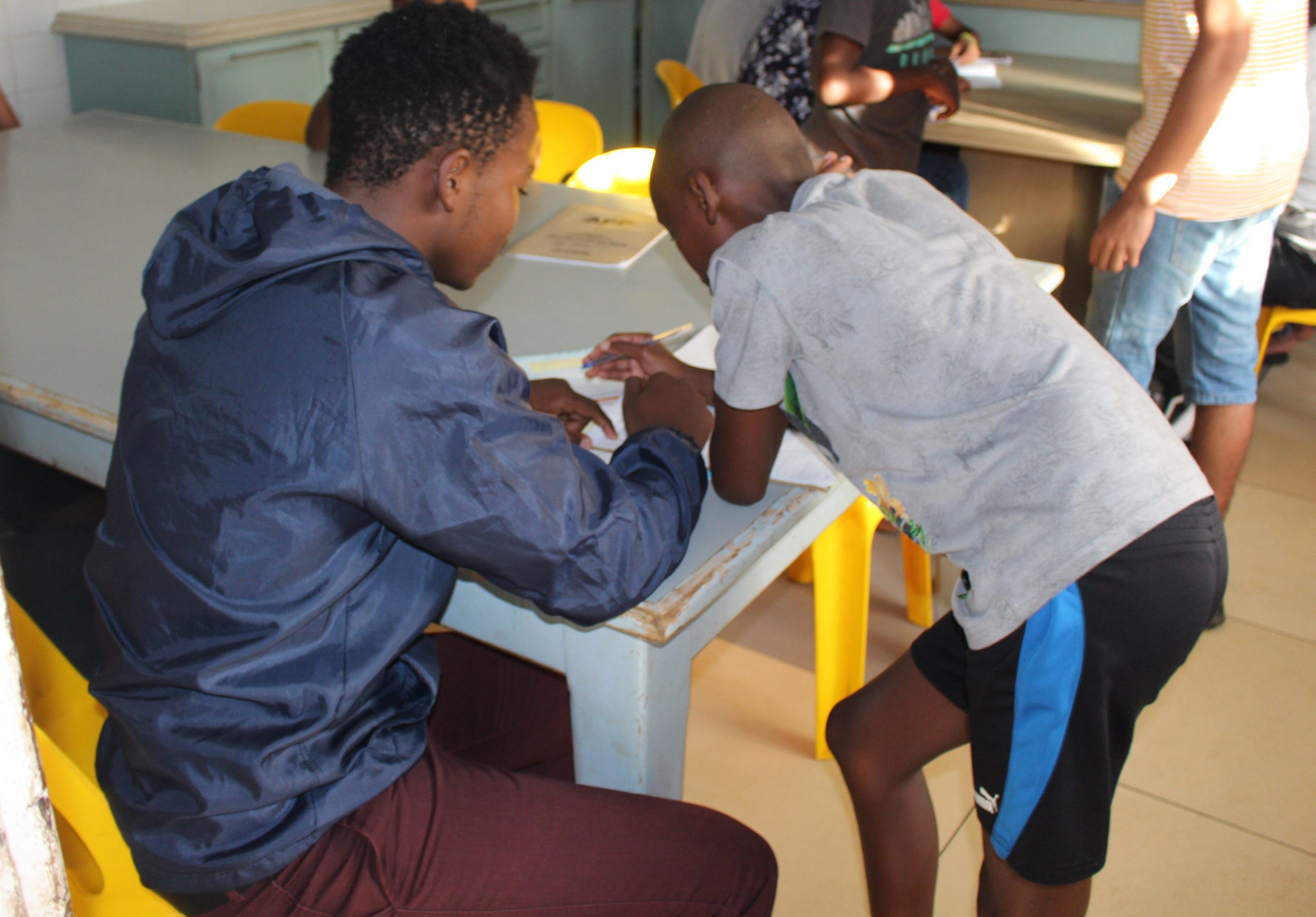Exam time has always been nerve-wracking for children, but more so for their parents! Covid-19 has notched the level of nervousness into overdrive. Extended periods of school closure, uncertainty around school holidays, the rotational system for school attendance and on-line lessons… the pressure and subsequent stress on our children has been unlike anything families have had to face before.
As a parent I am constantly mindful of the support my sons need at this time. Thinking on ways to help my youngest, in his first year of high school and my older in grade 12 has consumed much of my thoughts over the past months. Creating an environment at home that is stress free, during a pandemic, has been no easy task. Under normal circumstances matric is a year characterised by pressure, and angst. So, you can just imagine that having a matriculant at home this year has left my family feeling somewhat frazzled!
Having worked for many years with children at our centre, I am fortunate to have picked up some useful tips along the way. Younger children for instance benefit from structure and practical assistance, while older children need encouragement and support.
These are some suggestions on how to help your child prepare for his/her exams:
- Encourage them to draw up a study timetable. Children need this structure and a clear routine. When they know what needs to be done, they are less likely to feel overwhelmed and tend to be more focused.
- Stress can trigger a range of other emotions. Children, irrespective of age, need emotional support. At times just listening and acknowledging their emotions shows support and understanding of what they are going through. This will encourage them.
- Preparing for exams should not mean studying 24/7. Adequate rest and healthy snack breaks are essential if they are to keep focused and less stressed. Its easier to learn, understand and memorise work in sections rather than trying to cram for long hours before the exam.
- Working through old exam papers and revision exercises have proved to be effective. Children are then prepared for how the exam paper is set out and the way in which questions are asked. They need to stop and look at the mark allocation per question and decide how much time should be spent on each question. Whist this is helpful to children in higher grades, children in senior primary can also benefit.
- When children begin to panic because they are struggling to understand the work, it is helpful to reassure them that they can call on assistance. Many schools provide extra lessons, there are subject tutors for hire, a study buddy is helpful as is joining a study group. Drawing on these resources can help build confidence and develop a better understanding in the subjects he/she needs assistance in.
- Finally – This may be easier said than done because many of us have full time jobs but testing your child on sections learnt is helpful. It allows for encouraging words and helps assess those areas that need additional focus. Helping your child break things down makes concepts easier to grasped and understand.
Good luck – Keep your eye on the end goal and breath😊

